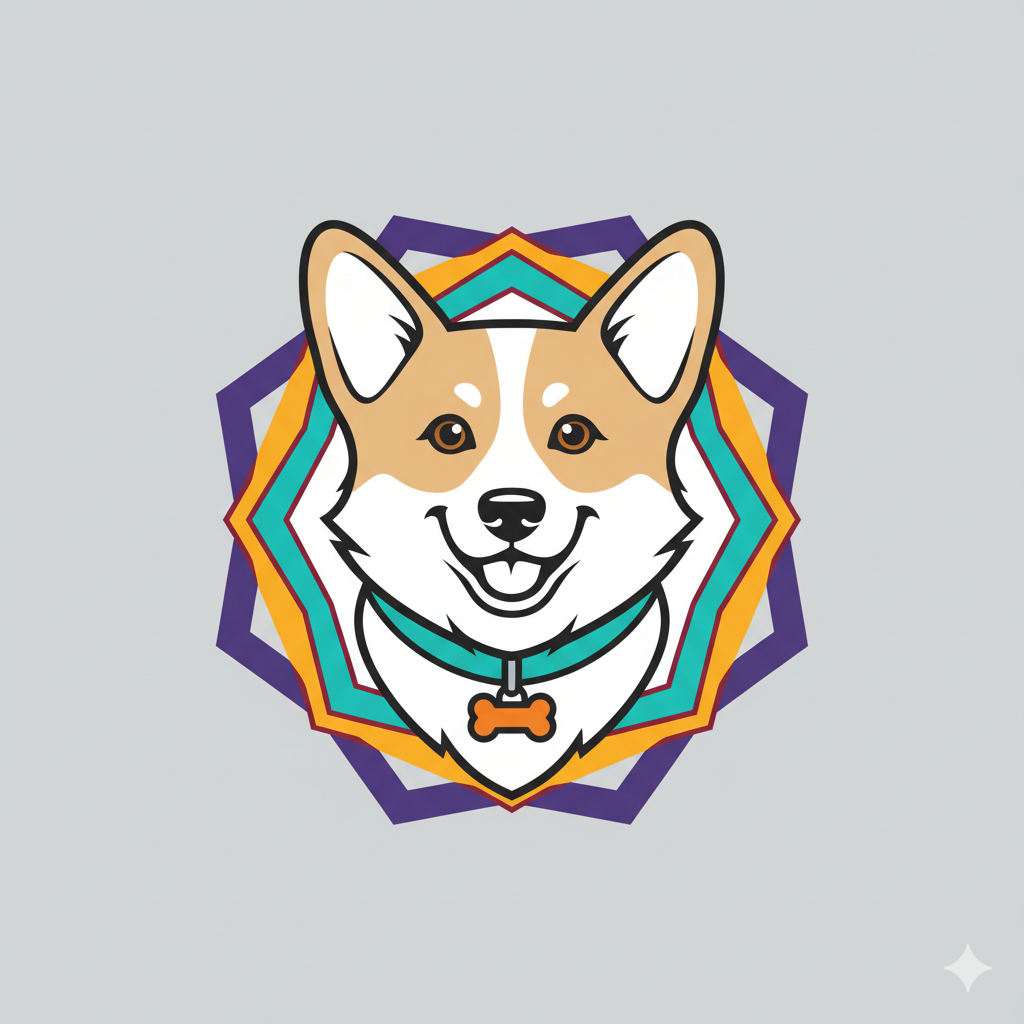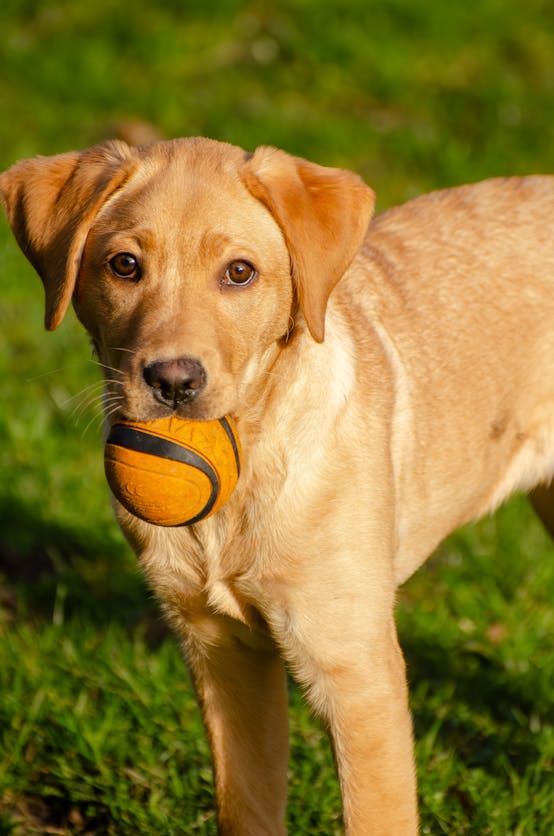Assessing Your Cat’s Dietary Needs
Understanding your cat’s dietary needs is crucial for maintaining optimal feline nutrition and overall health. Each cat’s requirements vary based on life stage, health status, and activity level. Kittens need nutrient-dense food with higher protein to support growth, while senior cats may benefit from diets tailored to joint health or lower calorie counts to prevent obesity.
Assessing cat diet also involves considering breed-specific traits. For example, certain UK breeds might have predispositions to health issues that require specialized nutrition. Activity level plays a role too—active cats burn more calories and may need more energy-rich meals, whereas sedentary cats require careful portion control to avoid weight gain.
Have you seen this : What are the Most Unusual Habits of British Cats?
Common health conditions like kidney disease, diabetes, or allergies significantly influence dietary choices. If your cat has any diagnosed conditions, modifying their food helps manage symptoms and improve quality of life. UK cat health experts often recommend monitoring these factors continually, as needs can evolve with age or lifestyle changes.
By routinely evaluating these aspects, you ensure your feline friend receives a balanced diet tailored precisely to their unique needs, promoting longevity and vitality.
This might interest you : Why Do Cats Have Unique Communication Styles Compared to Other Animals?
Choosing Between Commercial and Homemade Diets
Balancing convenience, nutrition, and safety for UK cat diets
When deciding between commercial cat food and a homemade cat diet, UK cat owners face several key considerations. Commercial cat food typically comes in three main types: dry, wet, and raw. Dry food is convenient and cost-effective but may contain more carbohydrates and fewer moisture benefits. Wet food offers higher moisture content, which supports urinary health, but can be pricier and less shelf-stable. Raw diets, while gaining popularity, carry risks such as bacterial contamination and require careful handling.
In contrast, homemade cat diets allow for precise ingredient control and freshness but come with significant challenges. Without proper formulation, these diets can result in nutritional imbalances, missing critical vitamins and minerals essential for feline health. For example, cats need adequate taurine, and improper diets can lead to severe deficiencies.
Because of these risks, it is strongly advised to consult a veterinarian or pet nutritionist when considering a homemade diet. Experts can help create balanced meal plans tailored to your cat’s specific needs and life stage, safeguarding against potential health issues. Ultimately, combining expert guidance with informed choices ensures that UK cat diets provide the best care, whichever feeding route you take.
Interpreting Cat Food Labels and UK Nutritional Standards
Understanding what’s behind the label helps ensure your cat’s diet is balanced and safe.
Reading cat food labelling effectively means focusing on several key elements. First, check for named protein sources like “chicken” or “salmon” rather than vague terms such as “meat” or “animal derivatives.” This clarity supports better dietary choices aligned with your cat’s needs.
Next, recognise essential nutrients through the guaranteed analysis panel, which lists minimal percentages of protein, fat, fibre, and moisture. Cats require high protein and moderate fat for optimal health, so prioritising brands that explicitly specify these values aids in maintaining proper nutrition.
UK pet food regulations require manufacturers to follow strict rules about ingredient disclosure and nutritional content, aligning with broader UK pet food regulations tied to EU standards. Certification labels, such as the Pet Food Manufacturers Association (PFMA) quality mark, can guide buyers toward compliant, trustworthy products.
In line with feline dietary guidelines, the cat food should meet the minimum nutrient profiles established by authoritative bodies like FEDIAF, ensuring the diet supports cats’ obligate carnivore status. Understanding these standards allows you to select cat food that balances safety, nutrition, and transparency.
Factors Influencing Diet Choices
Understanding how cat age and diet intersect is crucial for providing balanced nutrition. Kittens require nutrient-dense meals rich in protein and fats to support growth, while adult cats thrive on maintenance formulas that optimize energy without excess calories. Senior cats may benefit from diets with adjusted protein levels and supplements to support joint and kidney health. Tailoring feeding based on life stage ensures enhanced health-based nutrition.
Medical conditions often dictate dietary changes. Cats with obesity need reduced-calorie foods emphasizing lean proteins and fiber, unlike those with allergies who benefit from limited-ingredient or hypoallergenic diets designed to avoid common triggers. Kidney or urinary tract issues require specialized diets managing minerals and hydration, highlighting the importance of consulting veterinary advice when addressing these challenges.
Breed-specific tendencies also influence diet choices. For example, Persian cats may need diets supporting skin and coat health, while active breeds like Bengals might require higher protein to match their energy levels. Lifestyle—including indoor versus outdoor activity—affects caloric and nutrient needs. Recognizing these nuances allows for well-tailored nutrition plans that reflect each cat’s unique requirements, promoting long-term well-being.
Recommended UK Cat Food Brands and Professional Resources
Choosing from trusted cat food brands UK ensures your feline friend receives balanced nutrition. Leading brands like James Wellbeloved, Lily’s Kitchen, and Arden Grange consistently meet strict nutritional standards, providing complete meals tailored for different life stages and dietary needs. These brands often feature natural ingredients and avoid unnecessary additives, making them popular choices among UK cat owners seeking quality and safety.
For expert pet nutrition advice, consulting UK veterinarian recommendations is invaluable. Vets offer personalized insights based on your cat’s health and lifestyle. Additionally, registered pet nutritionists can guide you through specific dietary adjustments, such as addressing allergies or weight management. Always look for professionals accredited by reputable bodies, which guarantees adherence to evidence-based practices.
When transitioning your cat’s diet, gradual change is key to avoiding digestive upset. Combining increasing proportions of the new food with the old over 7 to 10 days allows your cat’s digestive system to adapt comfortably. Patience during this phase prevents refusal and maintains your pet’s health.
For trustworthy information, official resources provided by veterinary associations and pet care organizations can also support informed decision-making. Consulting these along with professional advice ensures you select the best options from trusted cat food brands UK.


